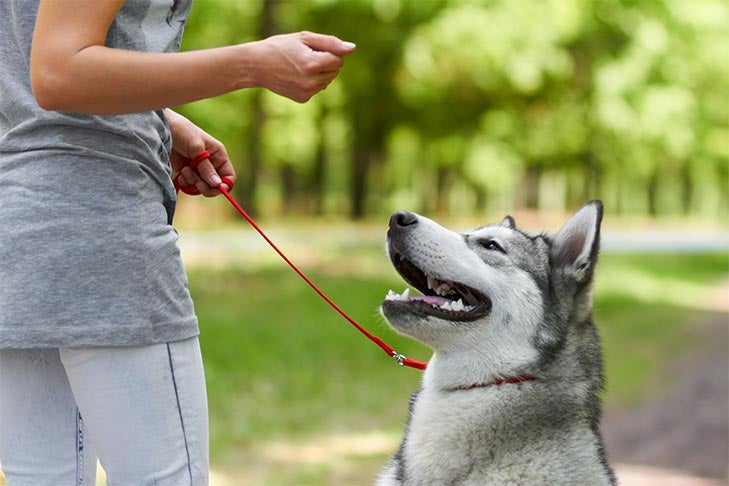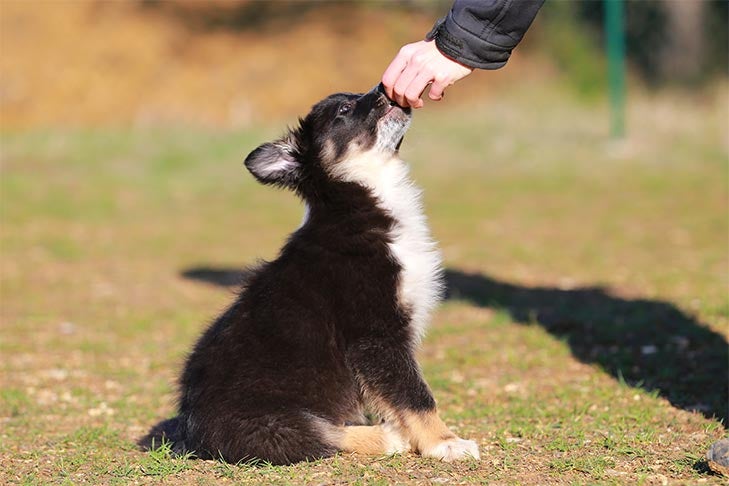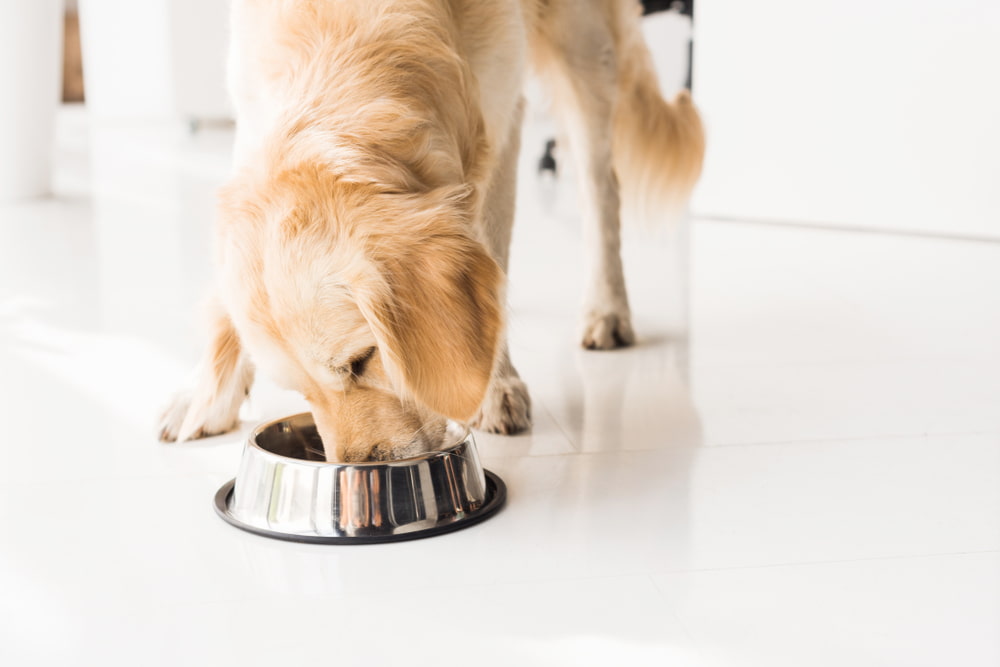How Should I Feed Ginger to My Dog?
All forms of ginger are safe for dogs, including fresh, powdered, and even ginger juice. If you’re using fresh ginger, peel it thoroughly and finely mince it. Then it can be sprinkled over your dog’s food. Or you can slice it thinly and use it as a snack.
As with any human food, ginger should only be given to dogs in moderation. The rule of thumb is a serving should never be more than one-sixteenth of a teaspoon per pound of body weight. To be on the safe side, feed no more than one-quarter teaspoon to small dogs and three-quarters of a teaspoon to large breeds.

Clubs Offering:
For anyone who has ever sipped ginger tea to settle an upset stomach, it’s natural to wonder if this tropical root could be as beneficial to dogs. Many herbs and spices are harmful to our pets, but the good news is that yes, ginger, in small amounts, is safe for dogs and might even be good for them.
Numerous studies have shown ginger’s curative effects on humans. While less research has been conducted into its effects on dogs, some studies and anecdotal evidence show the many benefits of ginger, long used for its medicinal effects, for what ails your dog.

Both fresh ginger root and powdered ginger have beneficial properties. It’s most widely used for nausea caused by motion sickness and to lessen chemotherapy-induced nausea. Ginger also:
Ginger: A Brief Overview
“Ginger is a common tropical plant, and it is the root of this plant that is used as an herbal supplement in Western medicine,” says Dr. Lori M. Teller, clinical associate professor in the College of Veterinary Medicine and Biomedical Sciences at Texas A&M University. “The root is thick and knobby with a brown exterior and a pale light tan interior.”
According to the National Institutes of Health, ginger has been mentioned in ancient Sanskrit, Chinese, Greek, Roman, and Arabic texts for its health-related purposes. It has been used for thousands of years, particularly in Asian medicine, to treat stomach aches, diarrhea, and nausea.

Yes! Ginger and ginger root is safe for dogs, says Dr. Teller.
Dosing depends on the size of your pup.
“The dose for ginger is based on the size of your dog, and the range is 20-50mg/kg (about 10 to 25mg per pound of body weight),” says Dr. Tori Countner, veterinarian and owner of The Balanced Pet Vet.
Ginger comes in multiple forms ranging from fresh to powdered and thankfully they all have the same benefits.
Fresh ginger is a great option for dogs and can be given in sliced or grated forms.
A case where fresh ginger may work better than the dried herb is IBD flare up cases.
“In Chinese medicine, dried ginger can be a little too hot for their digestive tracts, so trying to sneak fresh ginger into their food is preferred,” adds Dr. Countner.
But she warns that some dogs may be put off by fresh ginger in their food. “Many dogs may not like the taste of fresh ginger, so the dried form or baked into a treat works well,” she says.
Any form of ginger is okay to give to your dog—including ginger root. Ultimately, it comes down to what your dog will eat.
“Find the form that is easiest for you to administer and that your dog is willing to accept,” says Dr. Teller.
If you give your dog ginger root, make sure to supervise your dog at all times to prevent them from swallowing a large piece.

Fortunately dogs can experience many of the same health benefits from ginger that humans can. These include:
“It can help with nausea from motion sickness and chemo-induced nausea,” says Dr. Countner. “A study showed that dogs receiving Cisplatin, a chemotherapeutic agent, had much less vomiting and nausea than dogs not taking ginger.”
“It is important to check with your veterinarian first and make sure the ginger will not interact with any of the chemotherapeutic agents your dog is receiving,” adds Dr. Teller.
Giving a dog ginger about 30 minutes before a car ride can have the same effects as giving Dramamine, according to one study.
“Ginger can help decrease gas and bloating, and also relax spasms in smooth muscle in the intestinal loops, which helps decrease pain with digestive issues, such as IBD (inflammatory bowel disease),” says Dr. Countner.
Ginger also may have anti-inflammatory benefits for dogs with hip and joint pain.
“There have been a few human studies that show anti-inflammatory effects of ginger, which can help relieve pain in 75 percent of osteoarthritis patients and rheumatoid arthritis symptoms,” says Dr. Countner.
“Ginger is an antioxidant, and may provide some cognitive support, so it can be given to dogs with cognitive dysfunction,” says Dr. Teller.
1 Dog Car Sickness Remedy Must Have (Because it WORKS!)
Just like for humans, ginger can work wonders for queasy pups. Simply give a spoonful of ginger to your dog around 20-30 minutes prior to the car ride.